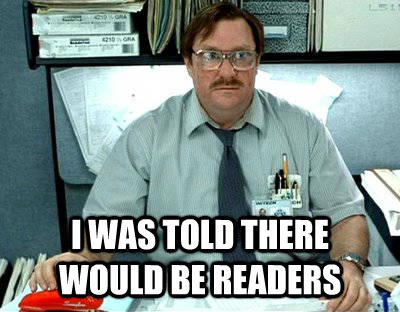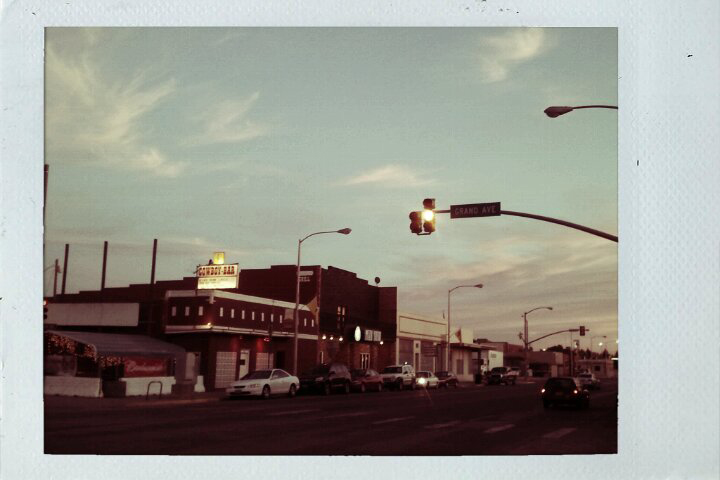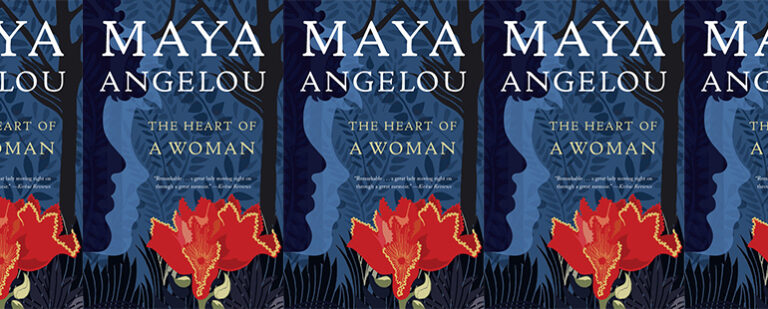“Oh, Indeed”: What The Wire Taught Me About Poem Endings
Disclaimer: For those who haven’t experienced David Simon’s HBO series The Wire, you should probably tune out now and hit up your Netflix. Same thing goes to those Wire fans who haven’t finished Season Four. I don’t want to spoil the narrative arc of the season for you.
*
In my vision, Michael Lee is leaning his head against the backseat window of a car. His eyes are closed to the boarded-up windows and brick façades he is riding past, and he’s thinking about helping his younger brother Bug do homework at the kitchen table. His eyes are closed because what he needs at this moment isn’t in the car and it isn’t in the empty buildings he is driving past. Cue Gil Scott-Heron’s version of “Me and The Devil.”
Those who know The Wire might recognize my “vision” as a loose interpretation of a scene in the last episode of Season Four. These days, this scene with Michael appears almost every time I think about ending poems. It’s part cliffhanger, part resolution, and part realization. We know what happened to Michael before the scene, but don’t know exactly what’s going to happen to him next because unlike some of the other characters on The Wire, his impetus for being in the game has little to do with his own needs. It’s all about the well-being of his brother.
Michael’s situation is connected to the idea of ending poems for many reasons, not the least of which is that a poem’s ending has very little to do with the poet’s needs. Since the universe of a poem continues in absentia, efforts to end poems in a tidy way are mostly futile and contrived. I think it’s because these kinds of efforts adhere to the poet’s wishes, rather than the poem’s. So hunting for that perfect, momentary punctuation/explanation to go out on doesn’t usually work.
This isn’t because perfect punctuation/explanation endings aren’t possible. We see wonderful, declarative endings all of the time in the work of Lucille Clifton, Alan Dugan, Marilyn Nelson, or Pablo Neruda, who even in translation sticks every landing. These are just a few of the many poets who have great acuity with exclamations at the end of poems. But for the rest of us, our endings don’t always punctuate because, like Michael, we’ve got our eyes closed in the actual moment that the poem should be ending.
All poems have a type of narrative embedded in them. Narrative poems have story; lyric poems have the relationships between images. Even monologues have an intrinsic dialogue with history. But like the story lines in The Wire, the end of the episode isn’t actually the end of the narrative. So poets who try to end poems with a two-line flourish are missing the point. They aren’t looking far enough back into the poem or far enough ahead into the narrative to recognize the moment.
Part of the problem is the moment fluctuates. In a discussion about beginning poems, Al Young once told me, “You’re born into the middle of a bunch of business. Why not start there?” The same thing applies to endings. We end while a bunch of business is still going on, so why not stop there? Think of Amy Gerstler’s poem “Doomsday.” The crescendo of the ending begins with “Once in a blue moon I smell / the future’s breath,” and the poem literally ends with “or an enclave of cannibals, ” but the action continues well after those last words.
Or Robert Hayden’s “Those Winter Sundays,” the last lines of which are the first verses of poetry I could recite. Those last lines, “What did I know, what did I know / of love’s austere and lonely offices?” are set up by everything that precedes them and the very question “what did I know” allows the rumination of Hayden’s speaker to continue long after the poem’s typography has ended.
These kinds of endings suggest a different of analogy from The Wire universe, one that reflects both the subtlety and perpetual nature of narratives and poetry in general. If the ending of “Doomsday” and “Those Winter Sundays” were a character on The Wire, they would be Omar Little. Scarred up, braided up Omar, whistling “The Farmer in the Dell,” his shotgun dangling from its homemade holster like an extra arm.
There might seem to be a disconnect between the necessary regret of poetry and a man who robs drug dealers for a living, but there really isn’t. It’s all in the game. Like the narrators of Gerstler and Hayden’s poem, so much can be left unsaid because of what is known.
When the narrator makes the point that “they’ve no idea” or asks “what did I know?” we are inundated by all of the things that can happen afterward. There is no need for anything else. Just like Omar. Sometimes, a man has to point his double-barreled shotgun, but most times the simple understanding that the shotgun is there is enough. And because it’s always there, a whistle is sufficient to get everyone to scatter, hollering “Omar’s here.”
This is Adrian’s fourth post for Get Behind the Plough.


